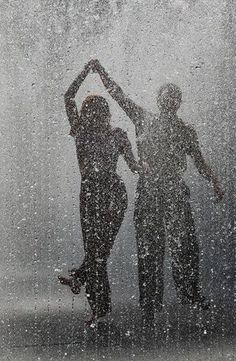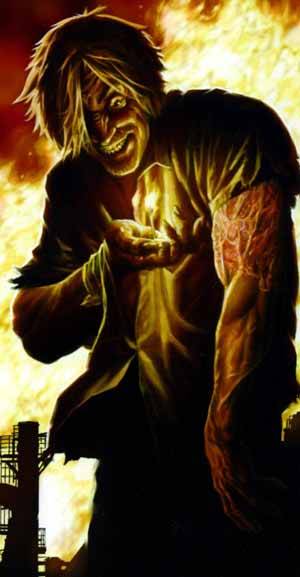Death
September 3, 2020

And if death is death, what will become of poets and sleeping things that no one now remembers?
Federico García Lorca
Autumn Song
We have our books
September 3, 2020

And so, the last day of summer has gone, departed, buggered off somewhere else, leaving us to face the thrilling prospect of more rain, rain, rain – but we are resolute, indomitable, we remain unbowed by circumstances. In short, we don’t care!
We have our books; they fall open and we fall in.
What more could we possibly need?

Dance in the rain
Dance in the rain
With clouds at your heels
Rosebuds refreshed
The calming one feels
Life is the present
There’s no need to wait
Throwback the shutters
And unlock the gate
Dance in the rain
As it cleanses the sky
No tears on sun’s cheeks
And no need to cry
Life is what’s happening
Through clouds or gray
Sunshine or snowflakes
They’re all nature’s way
Dance in the rain
It’s all part of life
Let hope, your umbrella
Guide you through strife
Dance in the rain
And when clouds tend to loom
Welcome their darkness
Into the room
Life is for living
Through storms, joy and pain
Always remember to
DANCE IN THE RAIN
Holly Jamestone
Dee is reading Stephen King’s ‘THE STAND’ for must be the fiftieth time – we make her wear a face mask while she reads. I have to admit the book contains one of my favorite fictional characters – Trashcan Man.

Wishing you all health, safety, and security, boys & girls.
P
Men feared, adored and obeyed the matriarch
September 3, 2020

Ancient Europe had no gods. The Great Goddess was regarded as immortal, changeless, and omnipotent; and the concept of fatherhood had not been introduced into religious thought. She took lovers but for pleasure, not to provide her children with a father. Men feared, adored and obeyed the matriarch. . . . Once the relevance of coition to child-bearing had been officially admitted . . . man’s religious status gradually improved. . . The tribal Nymph, or Queen, chose an annual lover from her entourage of young men, for sacrifice at mid-winter when the year ended; making him a symbol of fertility rather than the object of her erotic pleasure. His sprinkled blood served to fructify trees, crops, and flocks, and his flesh was, it seems, eaten raw by the Queen’s fellow-nymphs priestesses wearing the masks of bitches, mares, or sows.
Robert Graves
The Greek Myths vol. one
